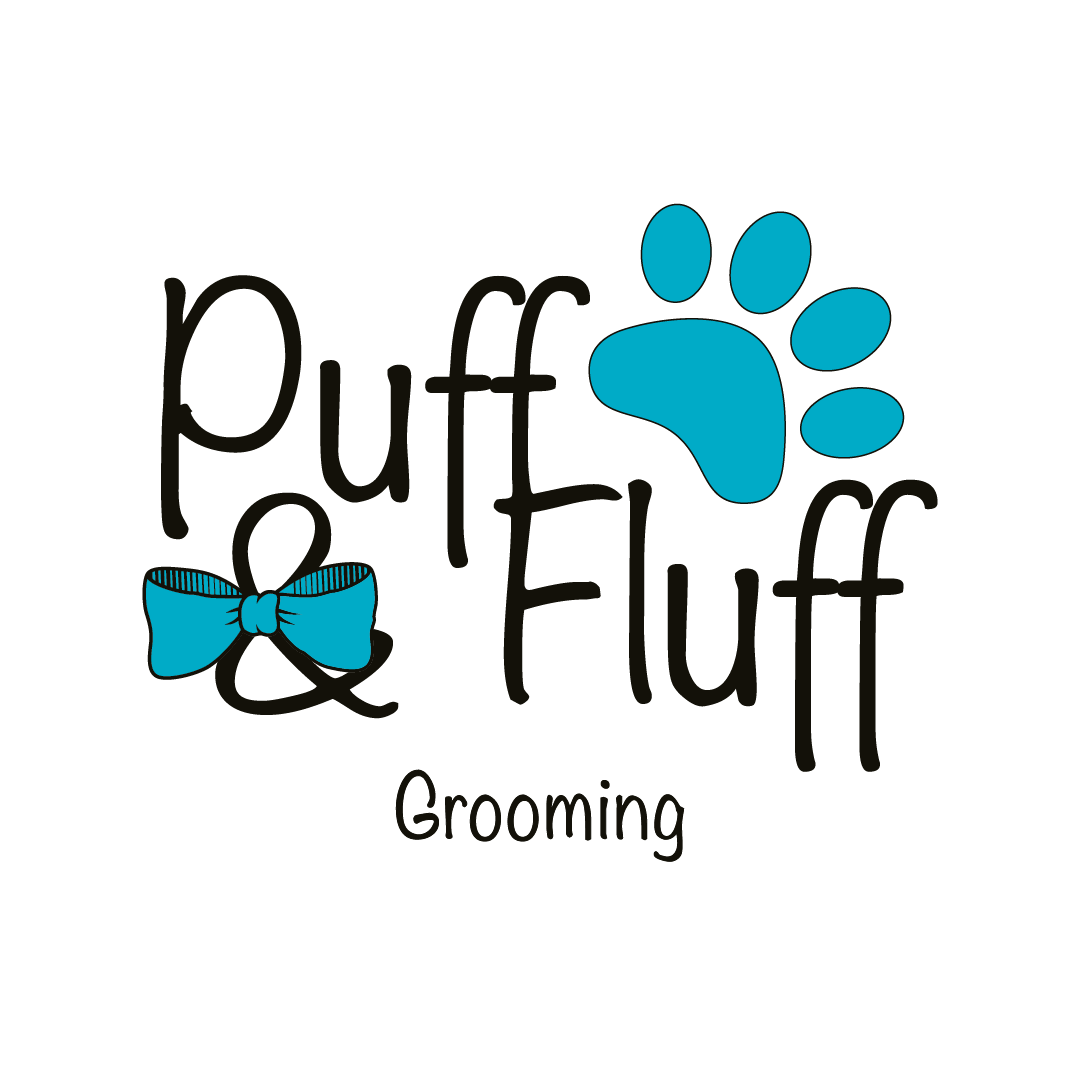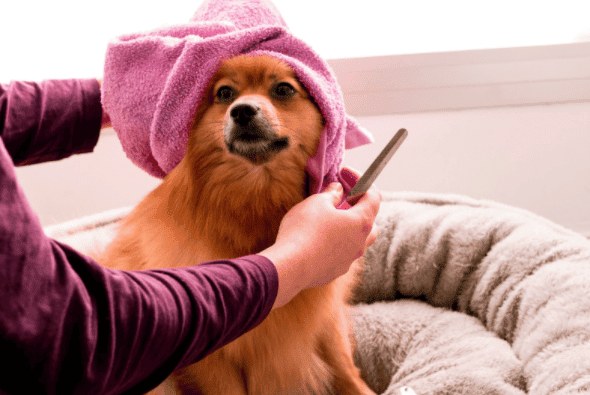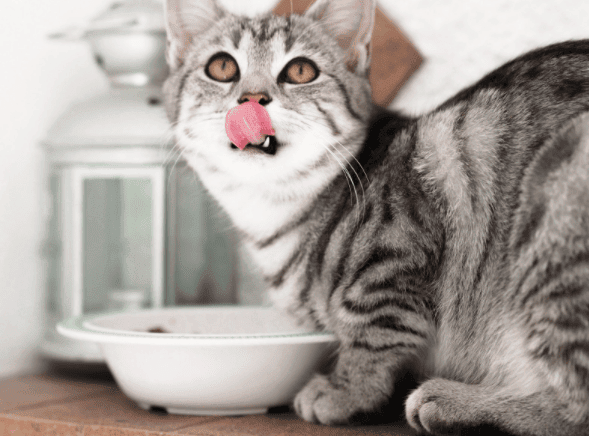No one doubts that owning a pet means being responsible not only for yourself but also for a small creature in the house. Sometimes, this kind of responsibility is beneficial as you can prepare yourself for a more conscious life. Indeed, it can serve as practice for people preparing for parenthood. But what about those who are constantly running out of time?
Students are among those people who follow an extremely fast pace of life. So, is it possible to find some room in students’ schedules for taking care of a pet? In this article, we are going to delve into the issue and consider all the dos and don’ts of owning an animal.
But first, remember that even the tiniest pet requires attention. So, why not free up some time for yourself by using an essay writing service as a saver? Such platforms aim to provide some spare time for a student overloaded with tasks, tests, and examinations. Time is the greatest treasure, so do not spend it on something uninteresting for you. Devote it to the things you love.
Source: https://unsplash.com/photos/ZVdZw2p08y4
Dos of Pet Ownership
The transition into adulthood can be a very stressful time in a student’s life. You must rely on your own income, be independent, and make conscious decisions. Pets can help a student undergo such a period and stay sane. Indeed, a pet is a considerable emotional relief, especially if you are acutely experiencing loneliness or depression. Still, before buying one, it is necessary to examine all the rules of owning an animal.
The animal is like a small child and requires attention and care. It cannot take care of its body independently, prepare food, and carry out other processes. Therefore, all responsibility lies with the owner.
-
Pick the Right Food
It is no secret that an animal’s health condition and mood depend on a balanced diet. The owner should carefully study what kind of food and in what quantity the animal needs. Moreover, do not forget to give pets additional vitamins, trace elements, and other nutrients they need for normal growth and development.
You must never feed cats with dog food and vice versa. Why? They have a different digestive system, so this will cause problems. Still, when choosing healthy food for both cats and dogs, remember to maintain the right balance of proteins, carbohydrates, and fats.
-
Ensure Regular Hygiene
It is necessary for any student owning a pet to instill good hygiene habits. Providing proper care at home or in a dormitory can turn out to be a real challenge. In such a case, a consultation with a specialist may be needed. One can consider buying a pet that does not require making a lot of effort. For example, aquarium fish, turtles, hamsters, and other rodents are easier to look after in comparison to traditional cats and dogs.
-
Monitor Health
Regular consultation and examination by a veterinarian are a must to keep your pet in good health. It helps identify the problems and diseases of your friend at an early stage and start treatment on time. Therefore, a visit to a specialist is required regularly.
If we talk about cats and dogs, vaccination is a vital component of responsible care. Do not rely on precautions because your pet can still catch an infectious disease. Thus, to minimize this risk, it is advisable to vaccinate an animal.
-
Clean the Place
It is necessary to keep the place where an animal lives clean. It can be either an aquarium, a terrarium, a cage, or the whole apartment. Of course, keeping the house clean is the rule that works for everyone, regardless of pets’ presence. Still, when becoming a pet owner, it is desirable to carry out wet cleaning and airing the premises more often.
Don’ts of Pet Owning
Of course, animal owners make all efforts to ensure a quality life for their smaller friends. Still, because of lack of time, students are often unaware of some taboos in taking care of pets. Continue reading and find out the most common mistakes.
-
Make an Animal Obese
Many people love those fat cats, which are so pleasant to hug and play with. But animal obesity is sometimes even more dangerous than that of people. Excess weight negatively affects the heart, blood vessels, and the pet’s musculoskeletal system. So, before feeding an animal, make sure you know the exact quantity it needs.
Source: https://unsplash.com/photos/YpoczNsZYts
-
Forget About Water for Your Pet
It is unlikely the owner will forget to feed the animal. But the lack of water in the pet’s bowl can be left unnoticed. There must always be clean water in a special container to prevent dehydration. This is especially necessary for pets fed dry food.
-
Ignore the Words
Like any living thing on the planet, a pet needs communication. Do not forget to speak with your smaller friend so that it understands its value and feels loved. Indeed, animals are quite smart, and, living with humans, they have a large passive vocabulary. The animal will remember a word or phrase that is pronounced often.
-
Treat a Pet by Yourself
Perhaps, as a kid, you used to play games when you imagined yourself a doctor or a vet. But in real life, you must never diagnose your pet and prescribe therapy. If any problem appears, the first thing you must do is make an appointment with a specialist. In addition, animals should be provided with preventive examinations.
-
Limit Walks
If you are an owner of a pet that needs to walk a lot, do not torture it by staying at home for a long time. Try to find time for two to three-hour walks. Animals examine the world with their olfactory system. Let them smell everything, play with your neighbors’ pets, and socialize.
Conclusion
Hearing the voice of small hairy creatures is always a pleasure. Pets provide people with love and support, giving them a thirst for life. Still, owning an animal is not only taking but also giving. So, do not forget about their feelings and try to make the life of your little friends bright and enjoyable.


